Drain Cleaners and Your Septic System
Drain cleaners can be an easy choice when your kitchen or bathroom drain becomes clogged, but they are not a great choice for the health of your septic system. Septic systems rely on natural bacteria to treat wastewater. The harsh chemicals found in drain cleaners can kill the beneficial bacteria needed by your septic system to process wastewater.
Chemical drain cleaners are one of the most dangerous of all the cleaning products on the market to human health. Most contain very corrosive ingredients such as sulfuric acid, lye, and bleach that can burn your eyes and skin. They can be fatal if ingested and these cleaning products are required by law to carry a warning label listing their harsh ingredients. Care must be taken to keep these out of the reach of children.
Even very low amounts of a drain cleaner used in a septic system results in significant decreases in concentrations of Coliform bacteria and a decrease in PH when higher concentrations are used. It could take up to 48 hours for bacteria population to recover to original levels. If you must use a harsh drain cleaner, it is a good idea to flush a box of baking soda down the toilet after to neutralize the acids in the drain cleaner.
What is a solution to your clogged drains? The best remedy is to prevent drains from being clogged by having good catch basins in all the drains of the home. Purchasing inexpensive plastic or metal screens for the drains can keep many wastes from going down the drain including hair and food products. Food scraps as well as oils and grease should never be allowed down the drain.
Most clogs occur about 6 inches below the drain opening in the trap. Taking apart and cleaning this area can remove the clog. Plungers can also be helpful in removing a clogged drain. If that doesn’t work, a snake or auger can be put down the drain to remove the blockage. Clean-out ports can be removes to help access the clog. If no luck, it’s always best to call a professional who has the equipment and expertise to get the job done.
If you feel you must use a chemical drain cleaner, look for an enzyme-based cleaner. Less harsh and more natural cleaners are becoming more and more popular and there are more choices available. They are more gentle on your system. You can also try a homemade recipe: Pour 1/2 cup salt and 1/2 cup baking soda down the clogged drain. Then pour 6 cups vinegar after salt & baking soda. Let stand for 1/2 hour then pour kettle of boiling water down drain. Repeat twice a year for trouble free drains.
Septic Preservation Services can help you with any of your septic system questions. Call 877-378-4279 or visit www.septicpreservation.com

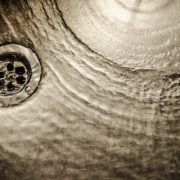

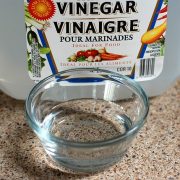
 Published in Onsite Installer Magazine
Published in Onsite Installer Magazine